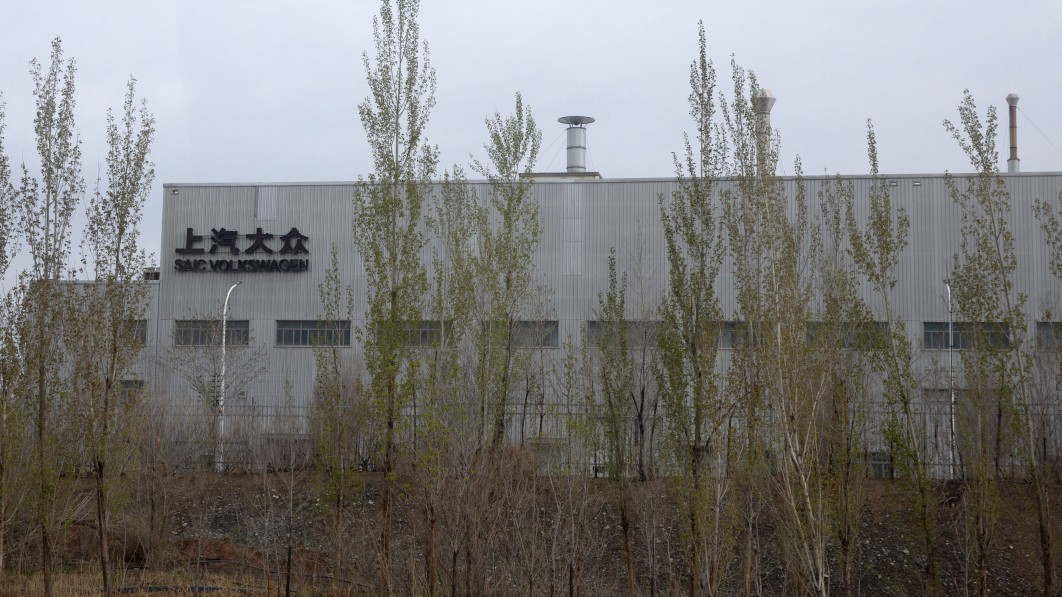
TAIPEI, Taiwan — Automakers including Tesla, General Motors, Volkswagen
The U.S.-based nonprofit linked some of the world’s largest car manufacturers to aluminum allegedly produced with forced labor by Uyghurs and other ethnic minorities in China’s western Xinjiang region and other parts of the country.
China is accused of running labor transfer programs in which Uyghurs and other Turkic minorities are forced to toil in factories as part of a longstanding campaign of assimilation and mass detention.
A United Nations report in 2022 found China may have committed crimes against humanity in Xinjiang, where more than 1 million Uyghurs are estimated to have been arbitrarily detained as part of measures the Chinese government said were intended to target terrorism and separatism.
The Chinese Foreign Ministry did not immediately answer questions about the report sent by fax by The Associated Press.
The report links aluminum –- a material used in dozens of car parts –- to the labor transfer programs, where workers reportedly face ideological indoctrination and limited freedom of movement. The report is based on company statements, Chinese government documents and previous research by Human Rights Watch and other organizations.
Since 2022, the United States has required importers of any goods produced in Xinjiang to prove they were not made with forced labor to avoid penalties.
The Human Rights Watch report argues that when it comes to aluminum from Xinjiang, its origins are difficult to track, especially when it is shipped to other parts of China and made into alloys.
More than 15% of China’s aluminum supply and about 9% of the global supply originates in Xinjiang, according to industry reports. The global automotive industry uses it for parts ranging from vehicle frames to wheels and battery foils.
China became the world’s largest car exporter last year and is the biggest manufacturer of battery-powered electric cars